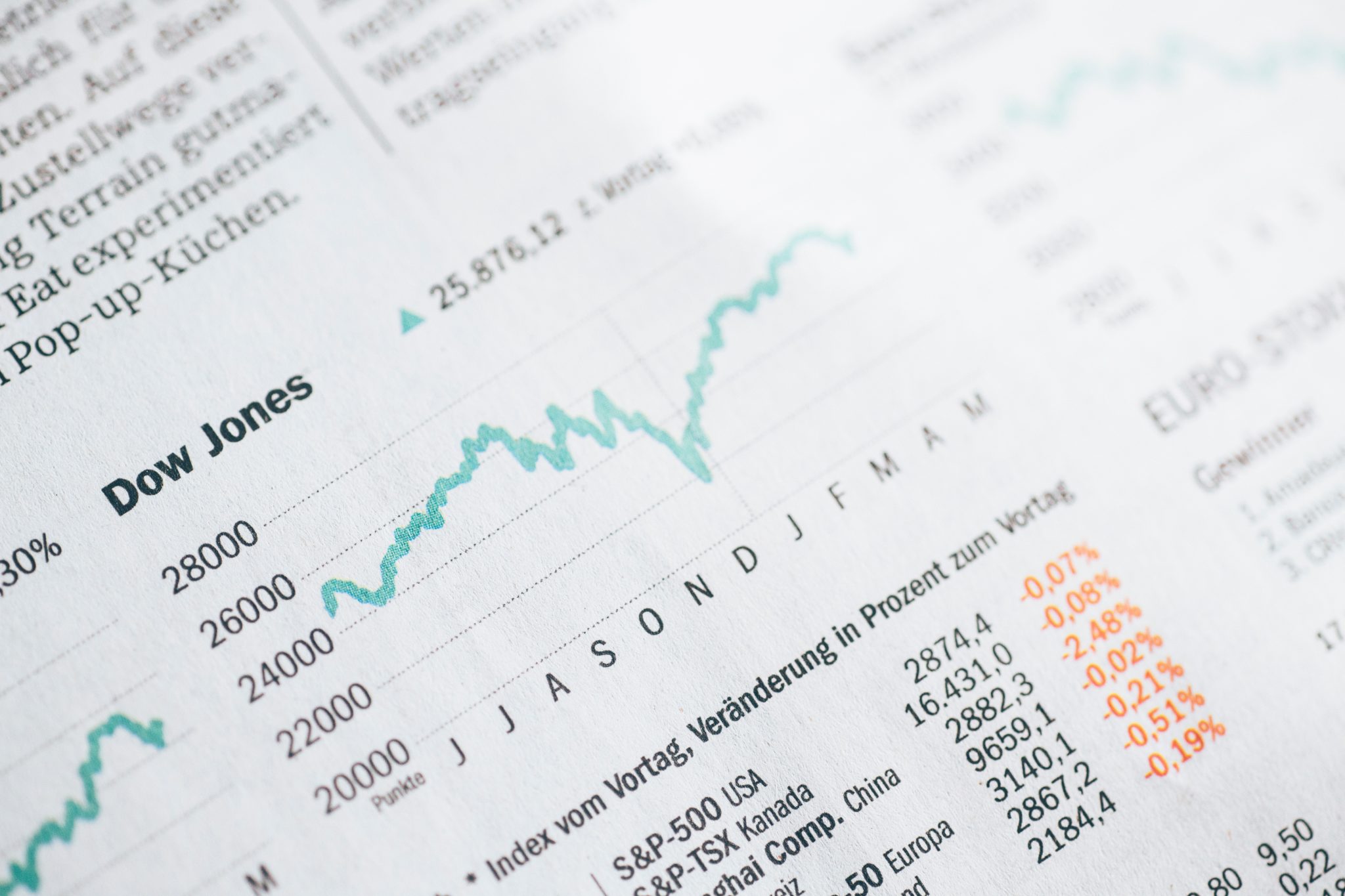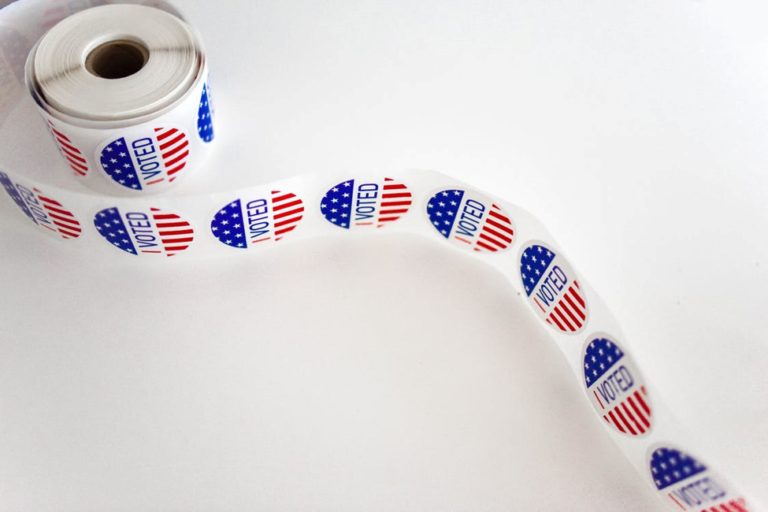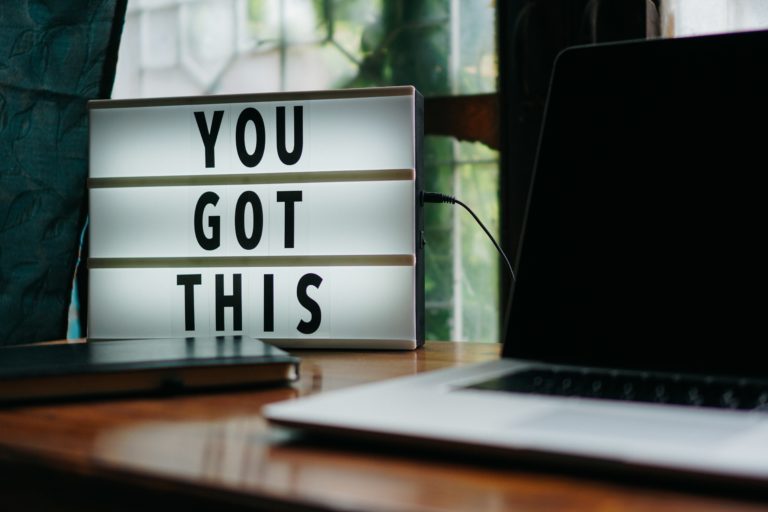Record numbers of women have entered politics since 2016, but there is still an…
What an Economic Recession Means for Women Candidates

In addition to the serious public health impact of COVID-19, there are also far-reaching economic consequences. Almost one-fifth of the U.S. labor force has filed for unemployment in the last six weeks, essentially erasing all of the job gains since the last recession in 2008. What does that mean for women candidates?
From the beginning, Barbara Lee Family Foundation research has shown that voters think of the economy as a “man’s issue,” requiring women to do more to prove their economic bona fides. Voters believe women are naturally better on “kitchen table” issues such as education and health care, but women are presumed not to have experience dealing with the economy and budgets.
While more recent research shows that this perception may be changing (principally for Republican women candidates), it remains important for women to emphasize their economic expertise. Particularly for women running for governor and other executive offices, there is a critical link between economic credentials and voters believing the woman candidate is qualified, and, in many cases, emphasizing her economic experience can also help a woman showcase her likeability, a non-negotiable for women candidates.
Beyond the traditionally higher hurdles when it comes to the economy specifically, women also have a higher bar when proving qualifications in general. That’s why research has shown that expertise should be woven into every piece of campaign communications. While 2020 campaigns will certainly look different than past campaigns, we’re likely to see economic credentialing incorporated into candidates’ interactions with voters, whether that’s emphasizing her past as a small business owner in her Twitter bio, like congressional candidate Young Kim; highlighting her financial experience in campaign videos, like gubernatorial candidate Nicole Galloway; or highlighting validation of her economic expertise on her website, like Congresswoman Sharice Davids.
The economy is a top issue in every election, and it is often the issue at times like these. Women leaders are proving they can handle a crisis in their initial responses to COVID-19, and changing what leadership looks like. As states and cities begin to ease restrictions and look for ways to get their economies back on track, expect more of the same.






